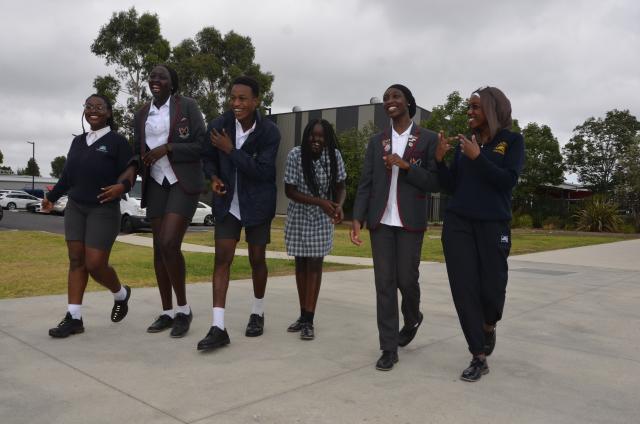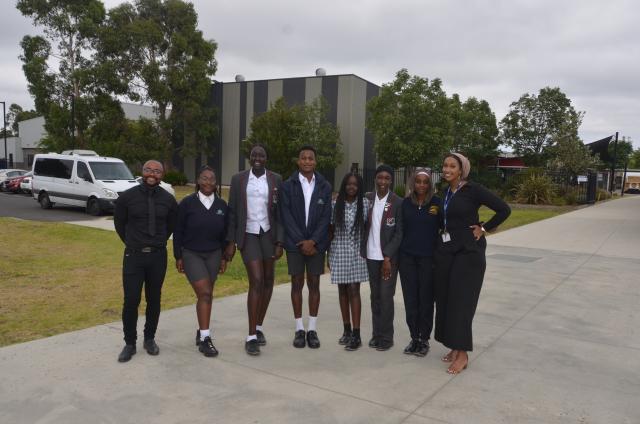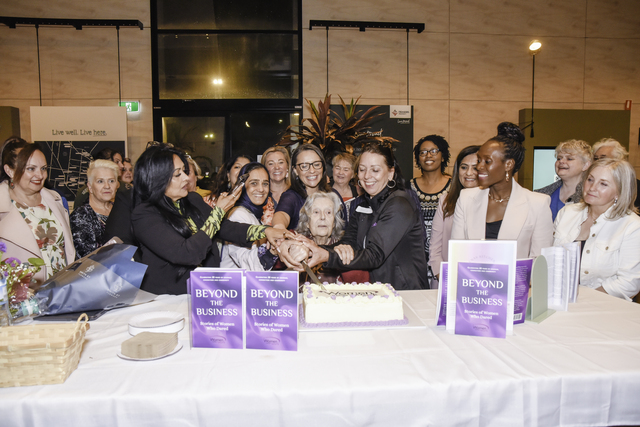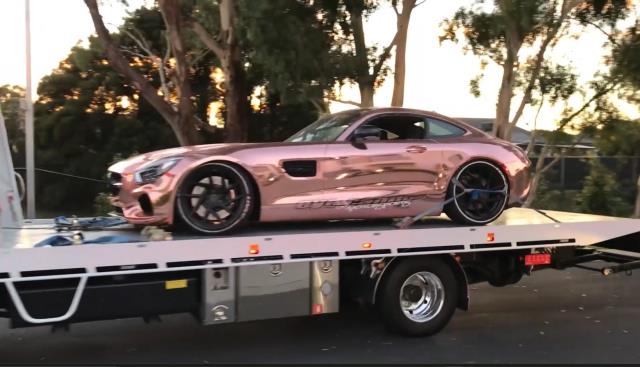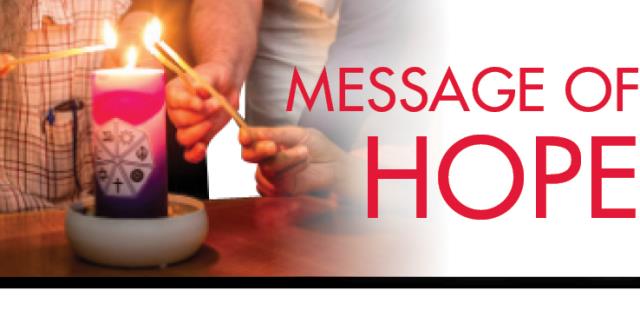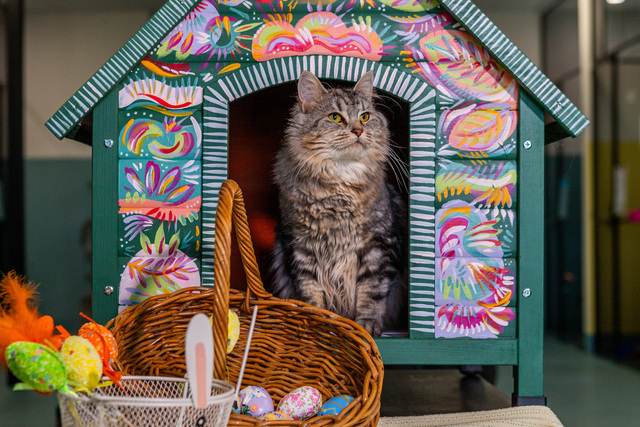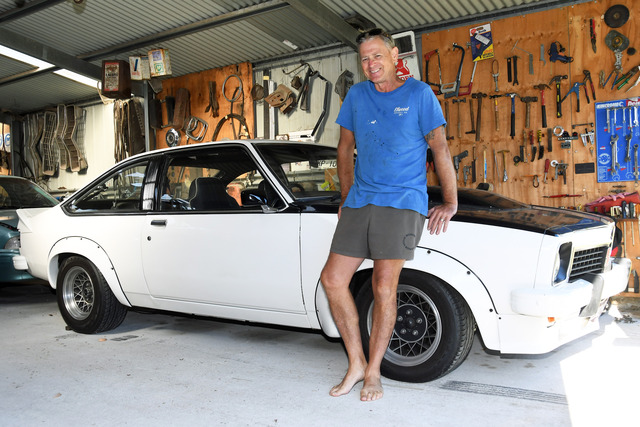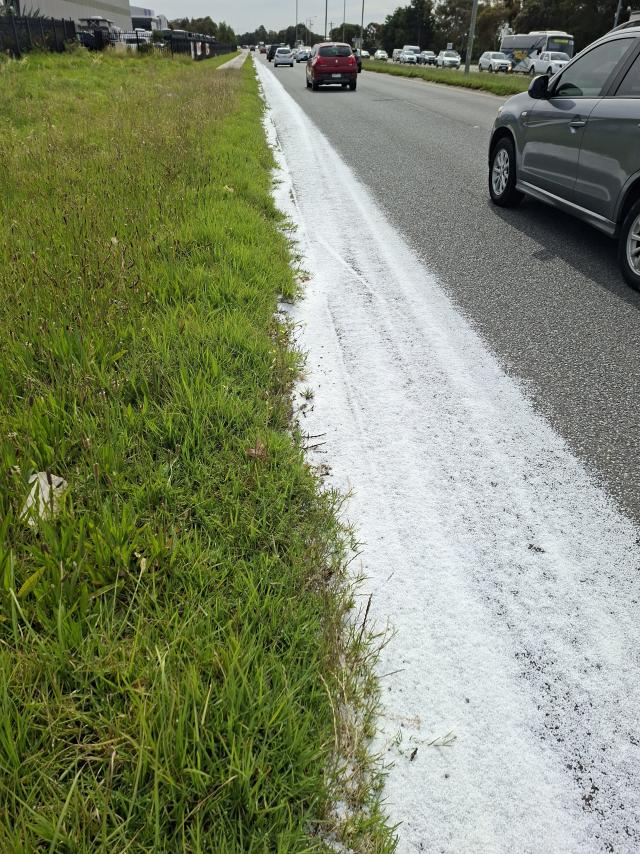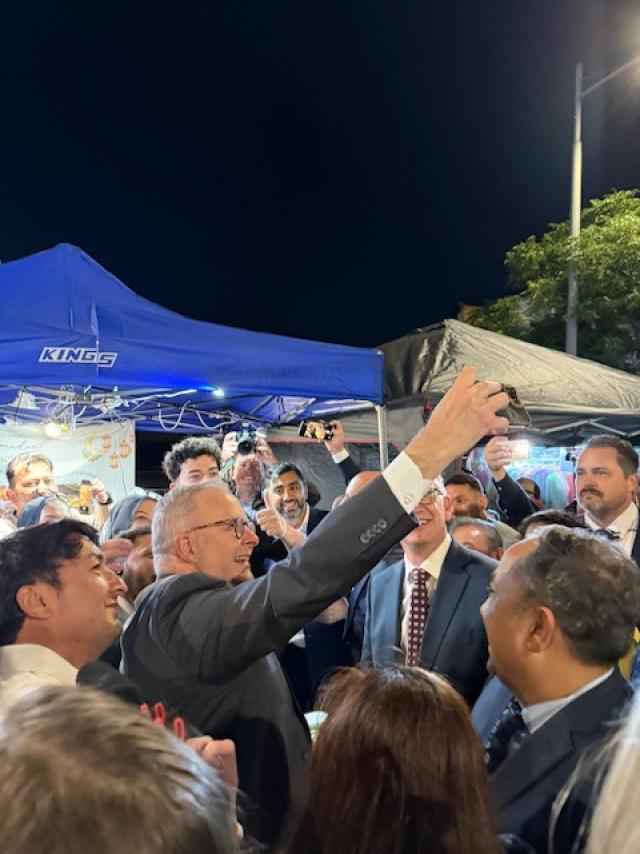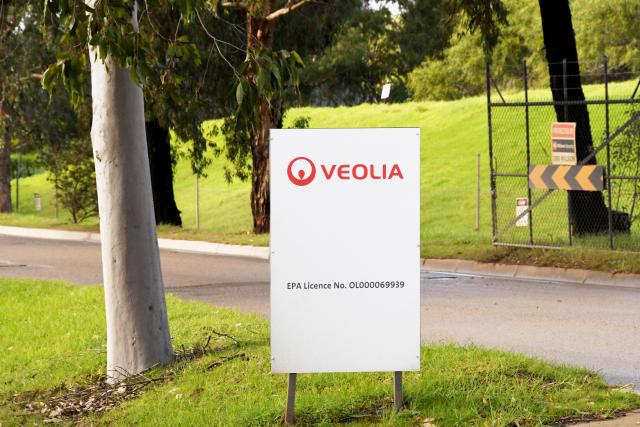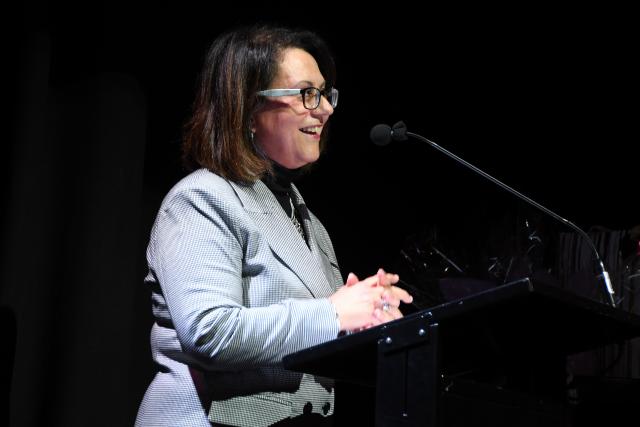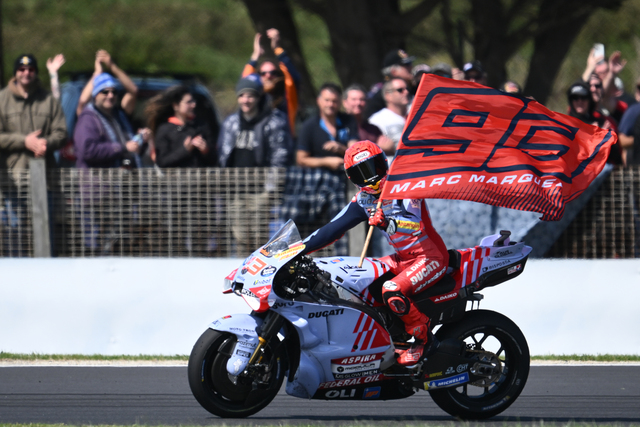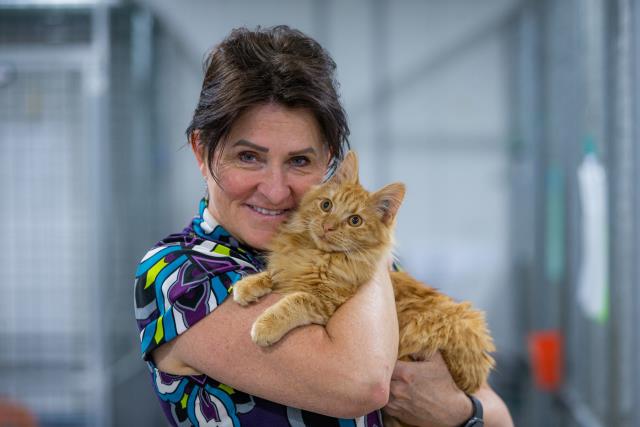Six African-Australian students across three schools in the southeast are channelling their passion to champion for equality.
Through participation in the Victorian youth parliament program, the students are seeking to destigmatise the violent, street-wandering perception of African Australians.
They instead want to demonstrate an image of respect, intellect and enthusiasm.
“A lot of Africans might walk down the street and get bad looks because the media shows Africans fighting but they don’t know our inner selves and what we’re capable of,” student Rethath Elghali said.
“So we want to show we’re educated and we can become doctors, we can become a lot more, we’re not just crackheads or gangers – we’re not bad people.”
The youth parliament program has run for 35 years and accepts teams of six people aged between 16 and 25 years old.
The six students are in years 10 or 11 from Narre Warren P-12 College, Lyndale Secondary College and Cranbourne East Secondary College.
Participators are given the opportunity to explore social issues in society and debate their ideas with other teams around Victoria via a facilitated discussion in Victorian parliament in June.
It seeks to build leadership skills and deepen students’ understanding of the political system and issues affecting society.
A greater representation of African Australian excellence in society, support for multicultural youth and social equality are among the issues that matter to these go-getters.
They will be given the opportunity to develop and deliver a bill on one topic.
“I feel like we need more help and support throughout the community. If we have more people and more things that would help us we would benefit,” student David Taiwo said
“For example – some people might not be from here so we need to find somewhere we can fit in and feel comfortable we have people with us we can talk to so we can really fit in.”
Ladan Ahmed, one of the team’s ‘resource persons,’ responsible for organising the students, works with 100 African Australians across the schools and welcomed the opportunity for the teens to express their intellect beyond the classroom.
“All our students are really creative in the sense they understand and acknowledge the challenges but they also have solutions and they’re very creative and innovative on what they need to battle and face these challenges,” Ms Ahmed said.
“They’re very big on all these aspects and ideas on what we need rather than sitting back and arguing about what we don’t have.”
The students will be paired with a mentor to discuss their ideas and will also meet semi-frequently before a training weekend in May and the parliament sitting from Monday 27 June until Wednesday 29 June.
There is a competitive application process to be accepted into the program, with only 20 teams admitted per year, and scrutiny was also placed on the six students that resource persons Ms Ahmed and Mukasa Monga chose to accept onto the team.
“I see the potential in all these students on a daily basis and just seeing all their viewpoints of changes they want to make within their community makes me feel like we have the next generation of voices who should be making the decisions and policies and laws for us,” Ms Ahmed said
Student Danya Daoud was motivated to give her culture a voice that may not otherwise be heard.
“Having such an African Australian saturated group, we can get more views from different African Australian individuals in the community whereas in another group where there is only one to two, everything would be based on experiences of those perspectives,” she said.
“We can collaborate and voice what we experience and solutions to that which will better reach the African Australian community.
“We’re not only empowering the African Australian community; truly we’re empowering all people of colour because at the end of the day we are the minority here in Australia,” Danya said
One of the criterion for the group applications is ensuring the team is reflective of the diversity of youth around Victoria but program director Tessa Buchanan is not aware of another team ever being made up exclusively of African Australians.
“I’ve been (involved) for five years and I was really excited when I received the application because they had a very specific representation of African culture that we don’t necessarily get,” Ms Buchanan said.
“I was excited for them to bring experiences and perspectives to the program.”
The youth parliament will this year be sitting from Monday 27 June until Wednesday 29 June after a training weekend in May.

